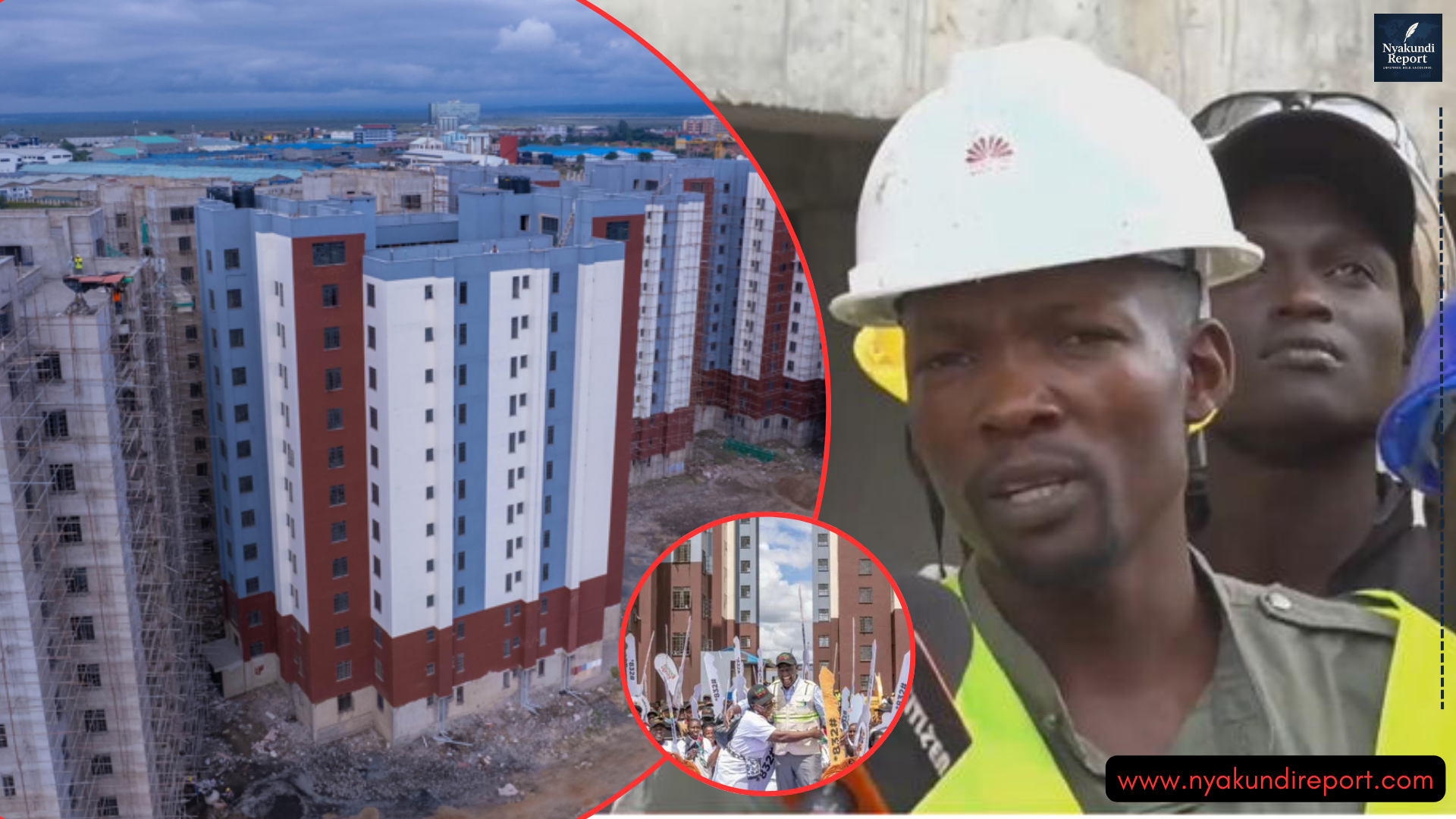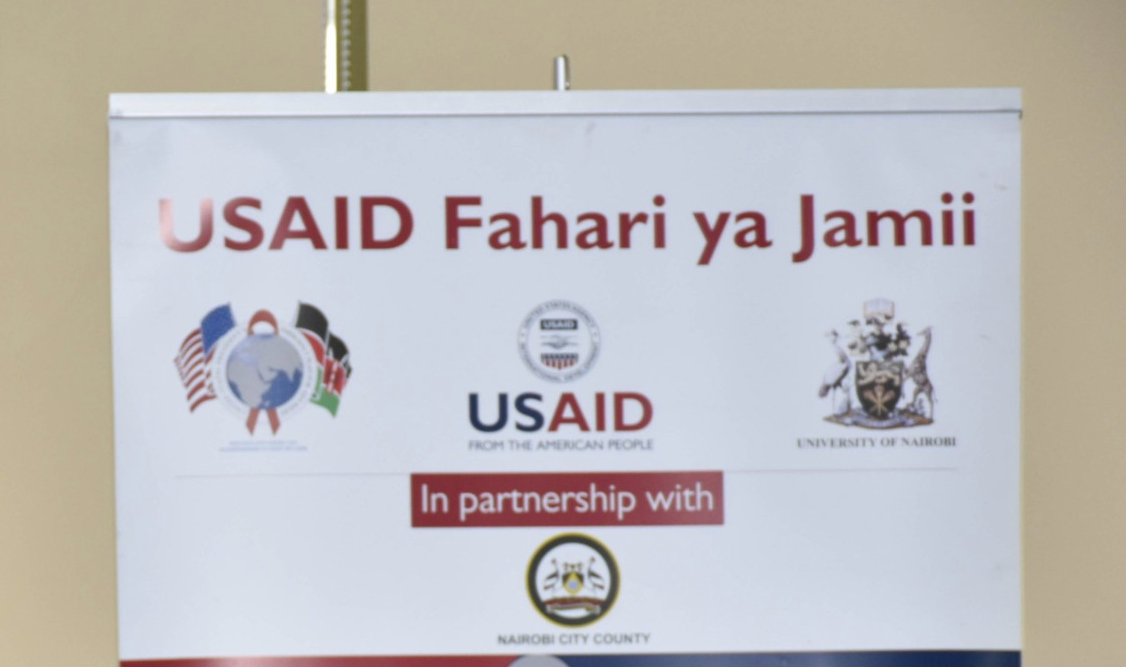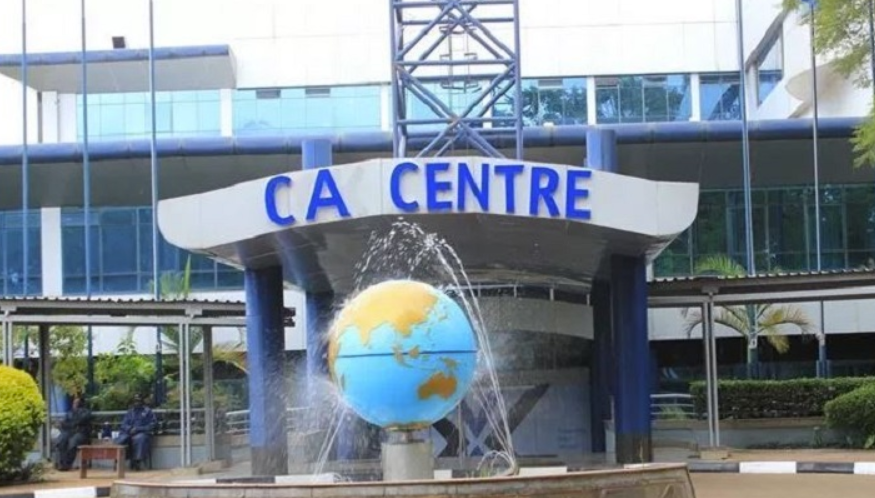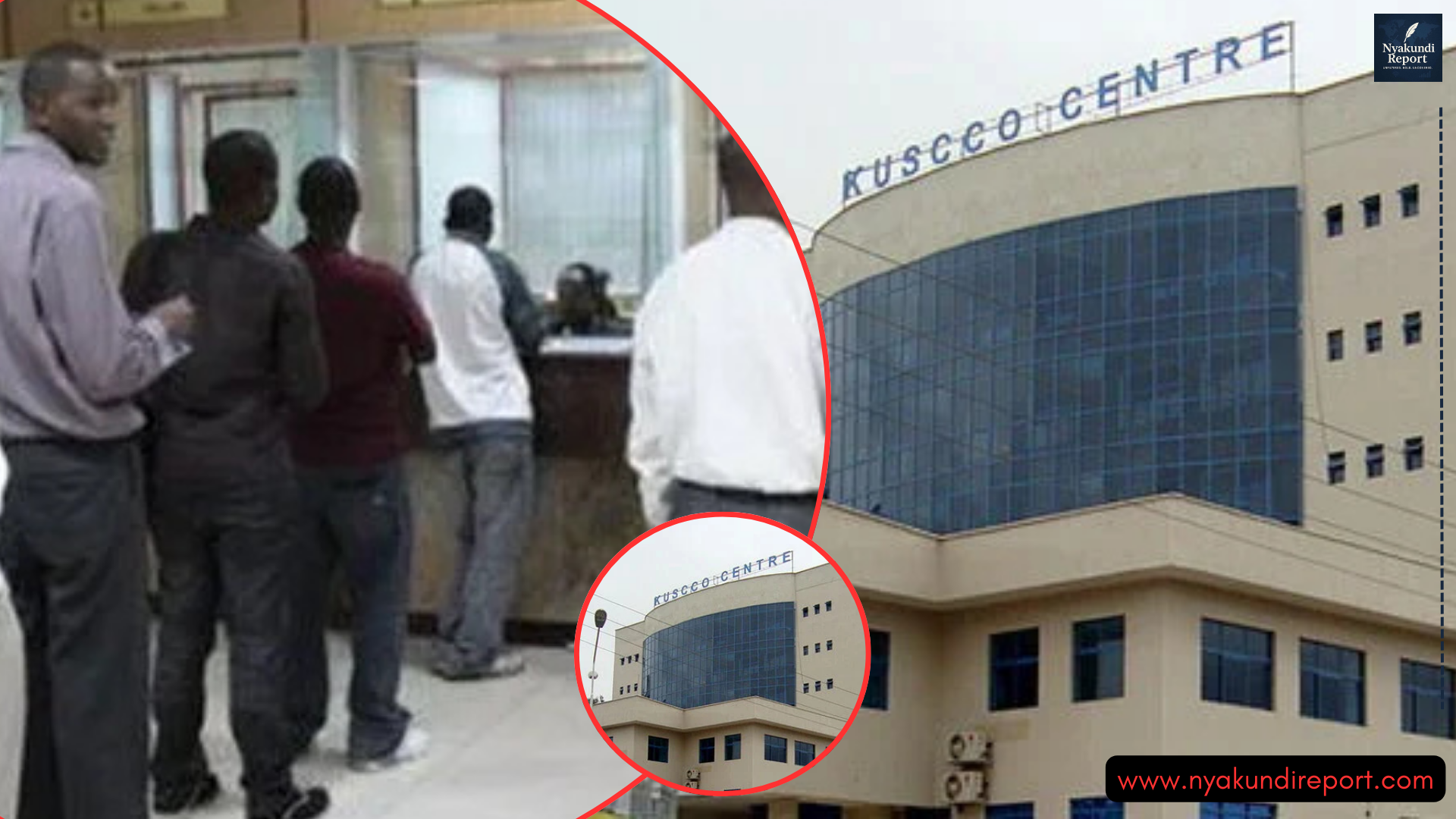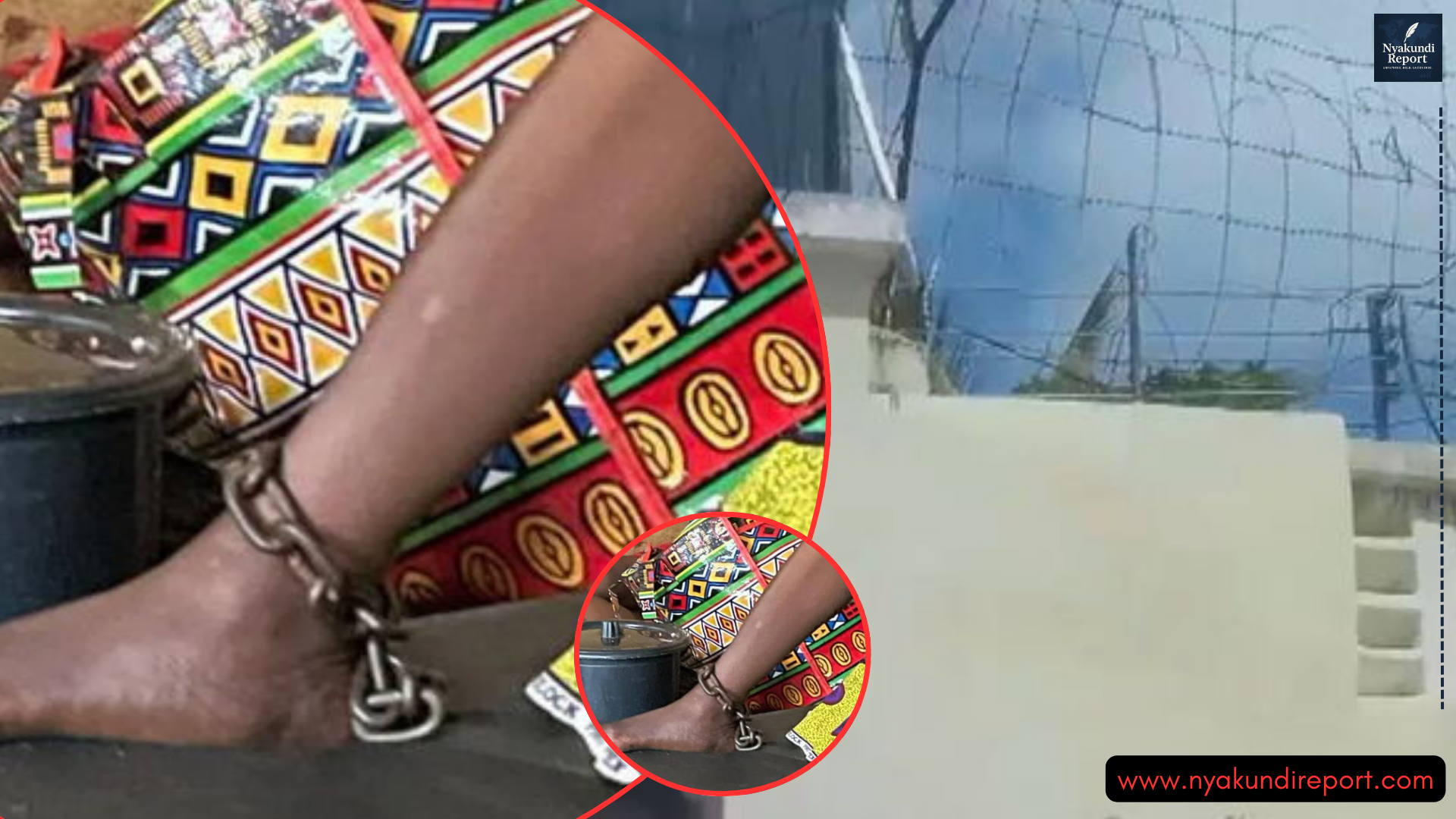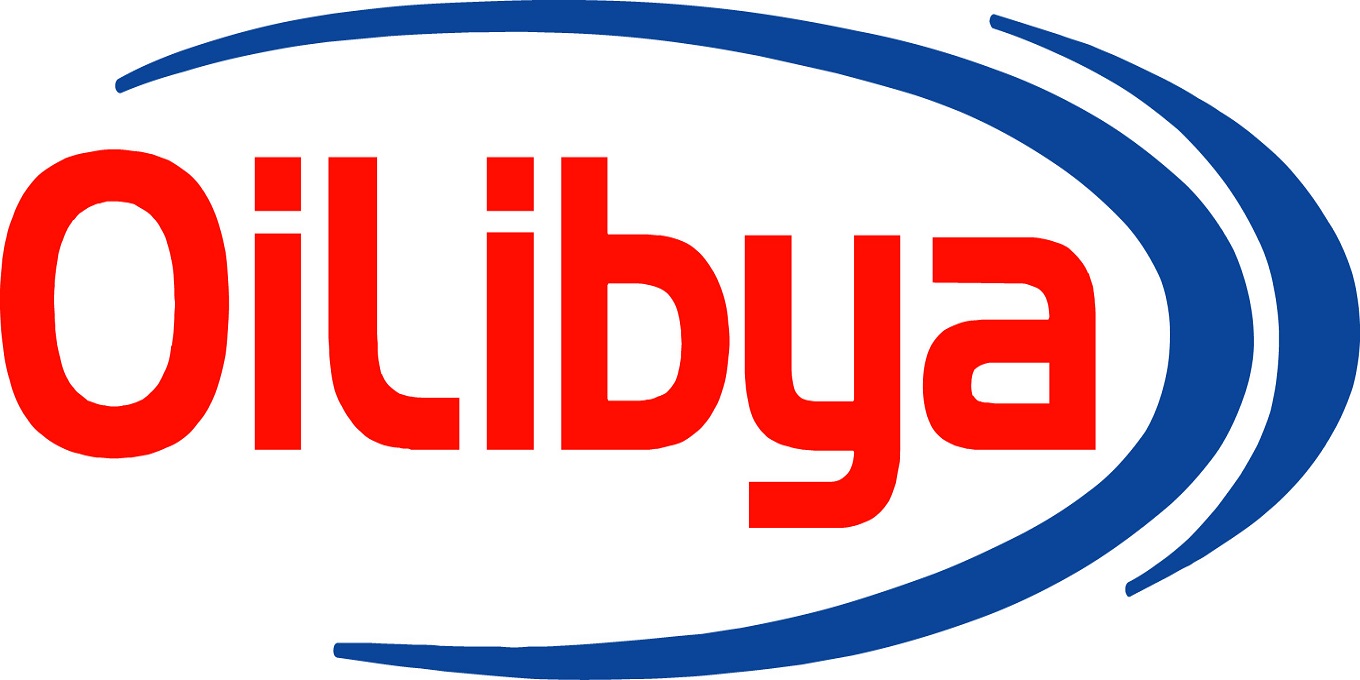Workers at prominent trailer manufacturing company Bhachu Industries Ltd in Nairobi’s Industrial Area have reached out to report widespread grievances and alleged mistreatment, unsafe working conditions, and labor disputes at the organization, which they say affect both casual and permanent employees across its various operations.

They describe a work environment in which requests for annual leave are often denied or forcibly encashed at the end of the year, paternity leave is reportedly unavailable, overtime is paid at a fixed rate, work on Sundays or statutory holidays is remunerated at standard hourly rates rather than a premium, and salary reviews have not been conducted for many years, leaving casual employees with limited opportunities for adjustment.
Insiders further claim that the company’s union is largely ineffective, with representatives reportedly following management directives rather than advocating for employees, and that hierarchical structures within the organization reinforce strict enforcement of rules, creating an environment where questioning policies or seeking redress can lead to intimidation or punitive measures.
They report that protective equipment such as helmets, safety boots, overalls, gloves, and reflective gear is provided sparingly, that access to clean drinking water has been inconsistent for extended periods, and that toilet and sanitation facilities remain inadequate and unhygienic, while incidents of injuries sustained on duty are handled in ways that limit documentation and could restrict employees’ ability to seek compensation.
According to the workers, patterns of nepotism and favoritism are apparent, with multiple family members and groups from the same regions reportedly receiving preferential treatment in recruitment and assignment of roles, and they describe a workplace culture in which authority is rigidly enforced, rules are applied selectively, and opportunities for staff input or independent decision-making are extremely limited.
The company currently employs approximately 400 workers at its Nairobi Industrial Area facility, more than half of whom hold casual status, and the accounts provided indicate that similar conditions are reported at its Lukenya godowns in Machakos, suggesting that the issues cited by employees may extend beyond a single location and form part of the broader operational environment within which the company functions.
Below is what one of the affected workers informed this news outlet regarding the conditions, treatment, and daily experiences at the company.
“Hi Bwana Nyakundi. Hope this finds you well. Kindly hide my ID. Thanks again for your good work. Now I work in a company called Bhachu Industries Ltd located on Enterprise Road near Rubis Fuel Station in Industrial Area Nairobi. It is a Muhindi company that deals with fabrication and manufacturing of tankers, water tanks, closed bodies, flat beds, skeletons, loaders, tippers, car carriers, concrete mixers, trailers, and bulk cement carriers. Now the exploitation and mistreatment of workers that has been going on in this company is unbelievable. No leave days. You ask for your leave days. They command you to work. Your leave days will be encashed. If they pay, they will only pay you at the end of the year. You fail to agree. They sack you. Paternity leave. No paternity leave is granted whatsoever. You ask for this. You are fired. Overtime. They only pay overtime at a fixed rate. Holidays and Sundays. They only pay for hours worked and not double the normal pay. Salary review. The company has never reviewed the salary of the worker for more than ten years. They pay casuals a daily rate. You ask for salary adjustment. You are sacked. Collective Bargaining Agreement. The workers union is as good as a dead lion. It has been sandwiched. They only follow the instructions of the Muhindis. The committee that represents the workers does not even have a single idea of what they are mandated by the workers to do. They only listen to what the Muhindi says and remain silent. The director who is the son of the late Mzee Bhachu is very rude and arrogant. He says there is nothing that the Kenyan government can do to him. He says he has put the government of Kenya in his pocket. He assaults and insults workers openly. He does this together with the HR who is also a Muhindi. Compensation on injuries. Once an employee gets injured while on duty, they are taken to a hospital in Imara Daima by the name Tender Care Hospital believed to belong to a Muhindi. There is no documentation. They always do this so that no worker can file any case to pursue compensation. If you ask for that again, you are fired. Sanitation. The situation of the toilets in that company is a disaster. For the last one and a half months, the company has not provided clean drinking water for the workers. Even once you leave the toilets, there is nowhere to find running water to wash your hands. The working conditions are very bad. All workers do not get the protective gear required such as safety boots, helmets, overalls, hand gloves, and reflectors. The work is very risky and tiresome. They do not care for the workers. This year alone, they only offered one pair of hand gloves to workers and not all received them. There is a lot of tribalism, nepotism, and discrimination. You will find three or four members of the same family working in the same company. You will find fifteen to twenty people from the same village, probably Kitui and Mwingi. Something has to be done. This has to come to an end. We cannot work in such conditions in our own country. This is not India. Feel free to reach me for more. Let us expose this Wahindis. Ukoloni uliisha. The company has approximately 400 workers. More than 200 of them are casual workers. There is also the Lukenya godowns in Machakos. The situation is almost the same there, though the workers are not as many as the Industrial Area workshop.”
It remains to be seen how the Ministry of Labour and the Directorate of Occupational Safety and Health Services (DOSHS) will respond to these claims, but we will continue to follow the story closely and examine reports from workers, detailing alleged mistreatment, abusive behaviour by management, unsafe working conditions, and failures within the organization, while tracing how these issues shape the daily lives, morale, and welfare of employees across all facilities and influence the functioning of the company as a whole.

